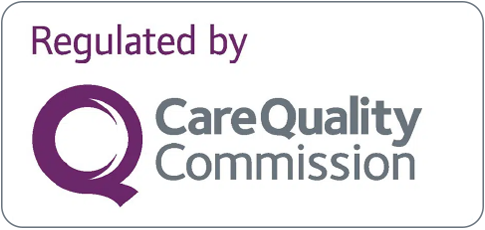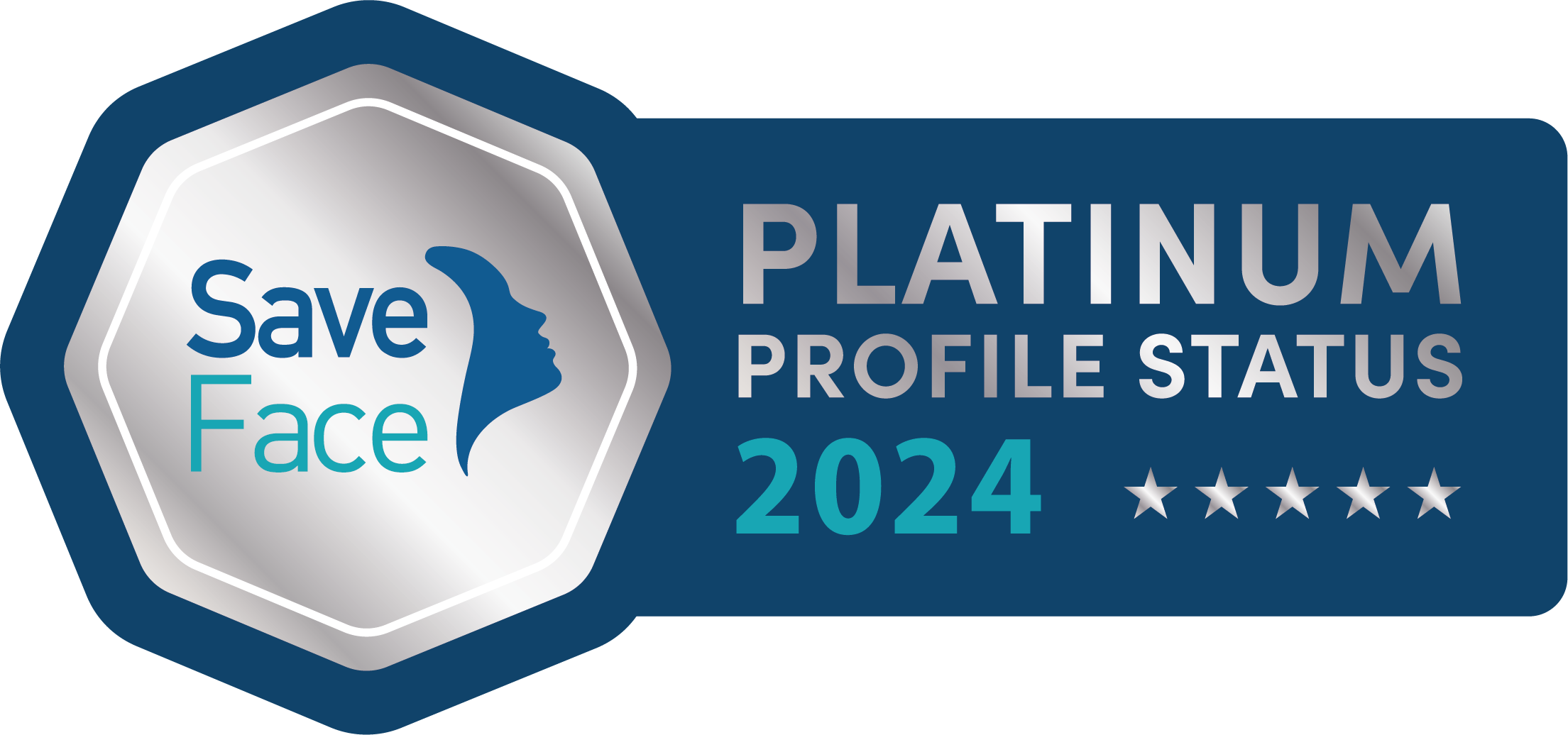A Growing Concern after the tragic death of Alice Webb on 24th September 2024.

From Botox to dermal fillers, non-surgical aesthetic treatments have become more accessible, affordable, and mainstream.
In recent years, the aesthetics industry in the UK has experienced a massive boom. What was once a service primarily sought by celebrities has now become an everyday beauty enhancement for many people. While this growth has given more people the chance to improve their appearance without undergoing invasive surgery, it has also highlighted a significant issue: the lack of regulation in the UK’s aesthetics industry.
This blog explores why the lack of regulation in the aesthetics industry is concerning, the risks it poses to public health, and what steps are being taken to ensure safety and accountability.
On 24th September, Alice Webb, a 33y old mother of 5 tragically lost her life following a liquid BBL procedure. This awful tragedy should never have been allowed to happen, it could and should have been prevented.
The Unregulated Nature of Aesthetics in the UK
The UK’s aesthetics industry is one of the least regulated in Europe, and this has led to an environment where nearly anyone can perform non-surgical cosmetic procedures. While treatments like Botox and dermal fillers involve injecting substances into the body, there is currently no law requiring practitioners to have medical qualifications to administer these treatments. This has created a grey area in which non-medical professionals, with varying levels of training, are offering procedures that carry real risks.
Botox and Fillers: What’s the Legal Status?
Botox, a prescription-only medicine, must be prescribed by a qualified medical professional. However, the person administering the injection does not need to be a healthcare professional, as long as they are acting under the direction of a prescriber. This means that once Botox is prescribed, it can be injected by anyone with minimal training, or worse, no training at all.
Dermal fillers, which are used to add volume and contour to the face, are not regulated as strictly as Botox because they are classified as “medical devices” rather than prescription medicines. In the UK, anyone can legally purchase and inject dermal fillers without any medical training. This has opened the door to unqualified individuals performing complex procedures with little to no oversight.
The Consequences of Poor Regulation
The lack of proper regulation in the aesthetics industry can lead to a wide range of negative consequences, including severe health risks for patients and damage to the reputation of the industry as a whole.
- Health Risks
When non-medical professionals administer injections like Botox and fillers, the risk of complications increases significantly. Incorrectly performed procedures can lead to:
-
- Infection
- Nerve damage
- Allergic reactions
- Blindness (in cases where fillers are incorrectly injected near the eyes)
- Tissue death (necrosis) due to blocked blood vessels
In the worst cases, improperly administered treatments can result in permanent disfigurement or even life-threatening complications. While these treatments are often seen as “quick fixes” with little downtime, the reality is that they can be dangerous in the wrong hands.
- Lack of Recourse for Patients
In the UK, if a patient experiences complications from a poorly performed treatment, their options for recourse are limited. Without regulatory bodies overseeing the qualifications of practitioners, it can be difficult for patients to hold someone accountable for botched treatments. Unlike the medical profession, where doctors and nurses must adhere to strict professional standards, non-regulated practitioners in the aesthetics industry are not bound by the same level of accountability.
This has led to a rise in the number of people seeking correctional procedures after receiving treatments from unqualified individuals. In many cases, patients end up spending more money and suffering more discomfort to fix mistakes that could have been avoided with proper regulation.
- Misleading Advertising and Unrealistic Expectations
The aesthetics industry thrives on advertising, particularly on social media platforms like Instagram and TikTok. Unfortunately, some practitioners use misleading advertising to attract clients, promising miraculous results with minimal downtime or risk. Because there is no overarching regulatory body to monitor these claims, potential clients may be misled into believing that these procedures are entirely safe, painless, and without side effects.
Moreover, many influencers and celebrities promote aesthetic treatments without fully disclosing the risks or the reality of the recovery process, creating unrealistic expectations for those considering undergoing such procedures.
The Role of Training and Qualifications
Another key issue stemming from the lack of regulation is the variation in training standards across the industry. While many qualified medical professionals, such as doctors, nurses, and dentists, offer aesthetic treatments after undergoing comprehensive training, there is no mandatory requirement for non-medical practitioners to meet the same standards. Some individuals may take a short weekend course and immediately begin offering treatments, putting patients at risk.
In other countries, such as the United States and many European nations, regulations dictate that only licensed medical professionals can perform injectable treatments. In the UK, however, this is not the case, and the gap in training and qualifications leaves room for dangerous errors.
Recent Developments: Is Change on the Horizon?
Due to increasing pressure from healthcare professionals and patient advocacy groups, the UK government has begun to take steps toward improving safety in the aesthetics industry. In 2022, a new law was passed that made it illegal for anyone under the age of 18 to receive Botox or dermal filler treatments for cosmetic purposes. While this is a positive move, many argue that it does not go far enough to protect adult patients or address the core issue of unregulated practitioners.
In 2023, the UK government introduced the Health and Care Act 2022, which includes provisions for establishing a licensing regime for non-surgical cosmetic procedures. This means that the government intends to create standards for who can perform certain aesthetic treatments, but it may take several years before a comprehensive system is in place.
Some organisations, such as Save Face, of which this clinic has been a member for 5 years, an accredited register of practitioners, have begun to set voluntary standards for aesthetics practitioners. Save Face verifies the qualifications, training, and hygiene standards of the practitioners who join its register, giving consumers a way to find reputable and qualified providers. However, because these schemes are voluntary, not all practitioners are part of these systems, leaving many still operating without oversight.
What Needs to Be Done?
While there has been some movement toward improving safety in the aesthetics industry, much more needs to be done. Here are a few key areas that need attention:
- Mandatory Licensing: There should be mandatory licensing for anyone performing injectable treatments, and this licensing should require a minimum level of medical training and experience. This will ensure that only qualified practitioners are allowed to administer treatments like Botox and fillers.
- Stricter Regulation of Dermal Fillers: Dermal fillers should be regulated as prescription-only products, similar to Botox. This would help ensure that only trained professionals can purchase and administer them.
- Accountability and Redress: There needs to be a clearer pathway for patients to seek recourse if a treatment goes wrong. This includes ensuring that all practitioners carry adequate insurance and are part of an official regulatory body.
- Public Awareness Campaigns: The public needs to be better informed about the risks associated with aesthetic treatments and the importance of choosing a qualified practitioner. This could help reduce the number of people opting for cheap, unqualified providers in pursuit of quick and easy beauty fixes.
- Alice’s Law: Save Face, supported by the family of Alice Webb, is campaigning for a law that ensures that those responsible are held to account and to prevent another family from having to endure this awful suffering.
Conclusion
The lack of regulation in the UK’s aesthetics industry is a serious issue that puts patient safety at risk. While non-surgical cosmetic treatments can offer life-changing results when performed by skilled professionals, the growing number of unqualified practitioners threatens the industry’s reputation and, more importantly, public health.
As the industry continues to grow, stricter regulations and accountability must follow. Until then, patients must take extra care in choosing who they trust with their cosmetic procedures. Checking qualifications, seeking out accredited providers, and being aware of the risks are essential steps in ensuring that your aesthetic journey is safe and successful.
I have always voluntarily allowed regulation into my aesthetic clinic through being a Save Face member and now am also a Care Quality Commission approved health care provider as safety of my patients is my priority.






